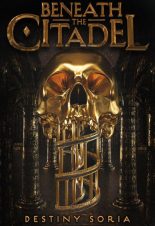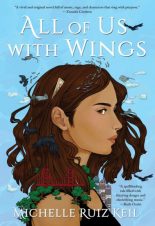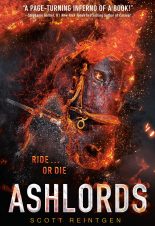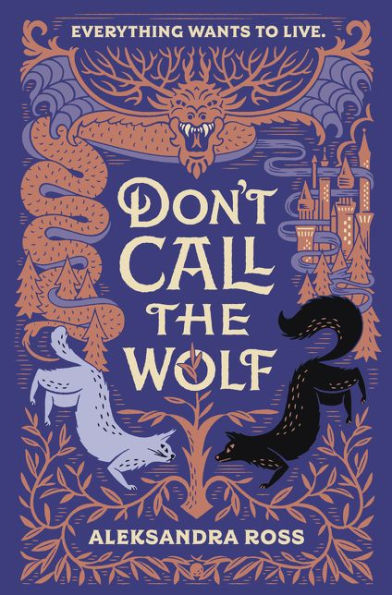
Buy This Book
“I was just a baby. I was the weakest, most defenseless creature in that forest, and I still became its queen,” Ren. —Don’t Call the Wolf
Don’t Call the Wolf
by Aleksandra Ross
Strong Female, Teaches About Culture
13+
Score
4.7
512
Lukasz has lived the life of a nomad ever since he and his nine older brothers were forced from their mountain homes. As the last of the famous Wolf-Lords, a group of dragon slayers, they’ve roamed the country hunting dragons, falling in love and being put on display as a distinct race. But one by one, Lukasz’s brothers are called back to their mountain home to slay the beast that forced them out in the first place: the Golden Dragon. Now, two decades later, Lukasz finds himself following the same path, searching for his brother, Franciszek. But when Lukasz starts his journey he encounters a girl that will change everything for him.
That girl is Ren, the queen of the forest. Ren is a shapeshifter, who is able to change into a lynx whenever she needs to. Since monsters have begun to spread throughout the woods, Ren has offered safe haven to all the animals of the forest. Though young, she’s determined to protect her home, no matter what it takes. But, when the Golden Dragon shows up to burn her forest, Ren realizes she can’t fight alone anymore. When she meets Lukasz, she strikes a deal with him: slay the Golden Dragon and she’ll help find Franciszek.
However, that may not be as simple as it sounds. Unlike his brothers, Lukasz has no desire to slay the Golden Dragon. He just wants to find Franciszek and leave. Even if Ren and Lukasz have begun to fall in love with each other, he may very well break her heart in the end.
Don’t Call the Wolf is a standalone novel that’s well-written and well thought out. It’s a story about two worlds, the human world, and the fairy tale world, colliding unexpectedly. Lukasz is a Wolf-Lord, a dragon slayer, both an ally and enemy to Ren and her animal family. Throughout the novel, the disparity between humans and the rest of the natural and magical world is constantly shown, especially the distrust between the two groups. Through this, the novel explores how people can be too quick to judge or be wary of anything different or unfamiliar.
The story’s message of prejudice is where the novel is the strongest, as it weaves together characters that come from a variety of backgrounds and that overcome those prejudices to not only continue their journey but to become friends. A few even go so far as to sacrifice themselves for others. These characters, while not as fleshed out as they could be, are endearing because of this. The main characters, Ren and Lukasz, are the strongest of the cast; each character has flaws as well as realistic fears and desires. For instance, Lukasz can’t read, but this is an endearing flaw that he tries to overcome. Ren deals with being called a monster by the humans that live in her forest, and she must fight against that label.
Don’t Call the Wolf is a retelling of the Polish fairy tale The Glass Mountain. The story is full of adventures in the magical forest, and romance that is excellently paced. The character development is similarly strong, and Ren is fabulously fierce. Don’t Call the Wolf is a great read for anyone looking for a touch of magic in a novel. With a strong setting, elements of a fairy tale, and a theme of overcoming prejudice, fantasy lovers will want to pick up this novel.
Sexual Content
- Ren watches as Lukasz kisses a monster. “Eyes still locked on Ren, it kissed him [Lukasz]. His arms came up, encircling it. And to Ren’s disgust, he kissed it back.” When thinking about the kiss later, Lukasz thinks it should have been Ren kissing him. “He wished she had been the one to kiss him.”
- Ren and Lukasz develop a romance. While camping in a forest, Ren “felt a stab of jealousy as Lukasz lowered himself beside Felka to talk. His eye caught hers across the clearing, and Ren turned quickly back to Czarn.” Felka is a human from the only village in Ren’s forest. Later, when Ren is watching Lukasz, she thinks, “Then she ran a hand over the stubble edge of his jaw. She loved his face. She loved that crooked tooth. Ren wondered, suddenly, if she loved more than that.”
- Lukasz’s older brother, Franciszek, asks Lukasz, “You love this girl [Ren], right?”
- At the end of the novel, Ren and Lukasz plan to marry. When Lukasz jokes about going to propose to her, Ren says, “No. I think I will.” Then, they kiss. “He leaned down and kissed her. She ran a hand over his cheek, through his hair.”
Violence
- Throughout the novel, the main characters fight monsters. The first time Lukasz sees one, he notes, “Some were burned beyond recognition, others had whole limbs hacked off. Some had parts of their skulls cleaved away, bits of gray brain and viscous blood spattering their shoulders. Their faces, frozen, still stretched into the tooth-baring, agonized grimaces of death.”
- While fighting a dragon, Lukasz’s hand is badly burned. “Lukasz screamed. He was on his knees, screaming. Coughing. Tears streaming down his cheeks, dripping off his chin.”
- As a lynx, Ren attacks a strzygoń, a monster, “Its re-formed limbs could not match the strength of her forelegs. She bit down. Hot blood splashed over her face.” Just after this, Czarn, a wolf loyal to Ren, attacks another strzygoń. “The fight was short. And bloody. One of the bulkier strzygi managed to take a chunk out of Czarn’s ear before the wolf’s powerful jaws closed around its throat and severed its head.”
- When Ren meets a human girl named Felka, Felka tells Ren, “You ripped his face off!”
- Koszmar, a soldier that accompanies Lukasz, is startled and shoots a tree branch. “Koszmar shrieked and fired an entire round of bullets into it before realizing it wasn’t another monster.”
- After Koszmar is killed by a strzygoń, a strzygoń spawns from his corpse, “Then a chest and shoulders emerged, tearing the ribs wide. A head unfurled, with hair congealed in clots. Slick rivers of blood coated naked spine.”
Drugs and Alcohol
- After getting his hand burned by a dragon, Lukasz is put in a hospital. He’s given opium for the pain. Doctors “kept him knocked out with opium for a full two weeks. For the pain, the doctor had explained.”
- When thinking about his brothers, Lukasz thinks, “Rafał lay upon the beds of Miasto tattoo parlors, Eryk bought a vodka distillery, and Anzelm drank most of it.” Later, Lukasz thinks of himself, “Lukasz was twenty, bored, and a little tipsy.”
Language
- Bastard and bullshit are used a few times. For example, Lukasz talks to a dragon he’s fighting. He says, “Come on, you feathery bastard.”
- Damn is used frequently. For example, while fighting another dragon, Lukasz thinks, “Where is the damn sword?”
- Lukasz constantly says “God.” When he is talking with his older brother, he says, “My God, Rafał.”
Supernatural
- This novel is filled with magical creatures from old European legends.
- Dragons are all over Lukasz’s country. When Lukasz is hunting a dragon, he sees, “It was huge, orange, covered in feathers and scales. It had a curved beak and a quizzical, birdy look in its eye. It chirped again.”
- Lukasz is a Wolf-Lord, a famous dragon slayer. During a lecture, a professor describes the Wolf-Lords, “By tooth or by claw, they promised. The Brygada Smoka. The last of the Wolf-Lords, and the greatest dragon slayers in the world.”
- Ren’s forest is filled with strzygoń, a type of monster that was once human. When Ren encounters one in the forest, she sees, “It stood on all fours, joints locked. With the bulging eyes of a goat, oblong pupils in slate gray, it considered her. It put its head to the side, feathery brows jutting over those terrible eyes. It looked almost like an enormous moth, and again, Ren trembled.” When strzygoń appears in the forest, they crawl out of pits. “A pit opened up, earth crumbling away in its center, ringed with orange flames and twisting roots. It gaped wide in the forest floor.”
- Ren can shapeshift into a lynx. When she goes to fight a monster, she shifts. While shifting Ren’s “knees shot to her chest and her spine curled up. Her muscles expanded, snapping into place around her limbs. Power tore across her shoulders. Fur raced over her skin.”
Spiritual Content
- Ren has the power to baptize strzygoń, monsters that were once human. When she encounters a group of strzygoń, she says, “Your time here is finished. I. . . I baptize you.” Once that is said, the strzygoń all crumple and their souls go to either heaven or hell.
by Jonathan Planman
“I was just a baby. I was the weakest, most defenseless creature in that forest, and I still became its queen,” Ren. —Don’t Call the Wolf
Latest Reviews

Pride: A Pride & Prejudice Remix
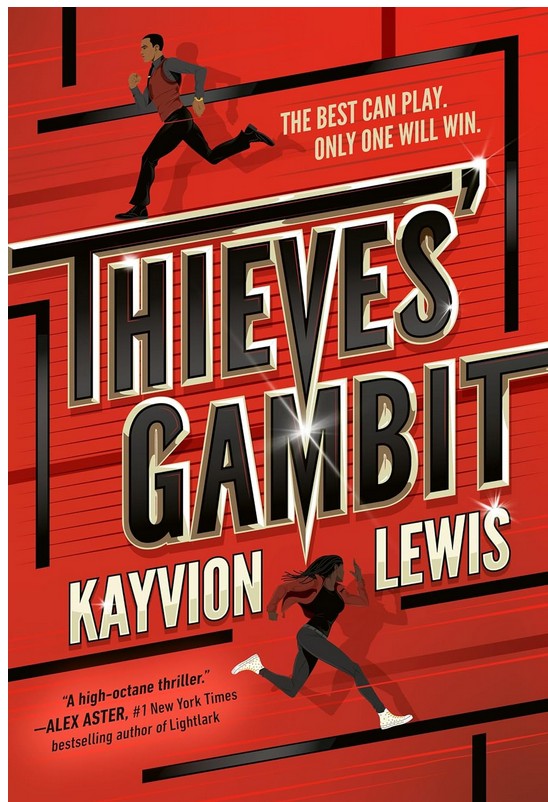
Thieves’ Gambit #1
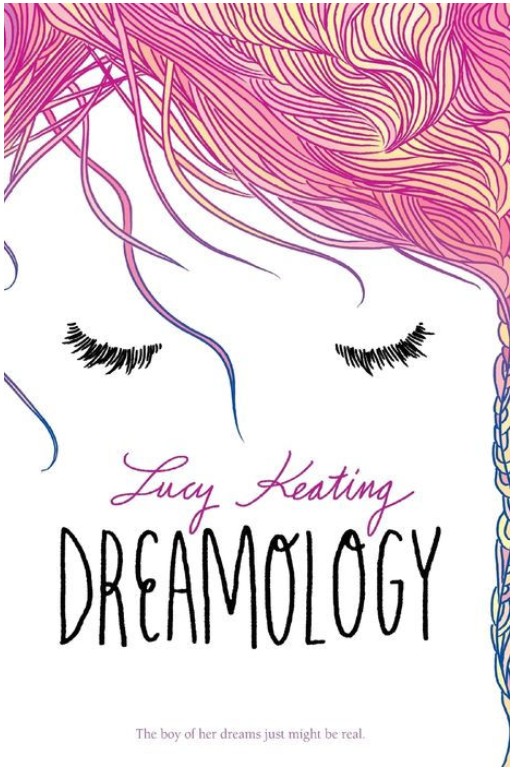
Dreamology
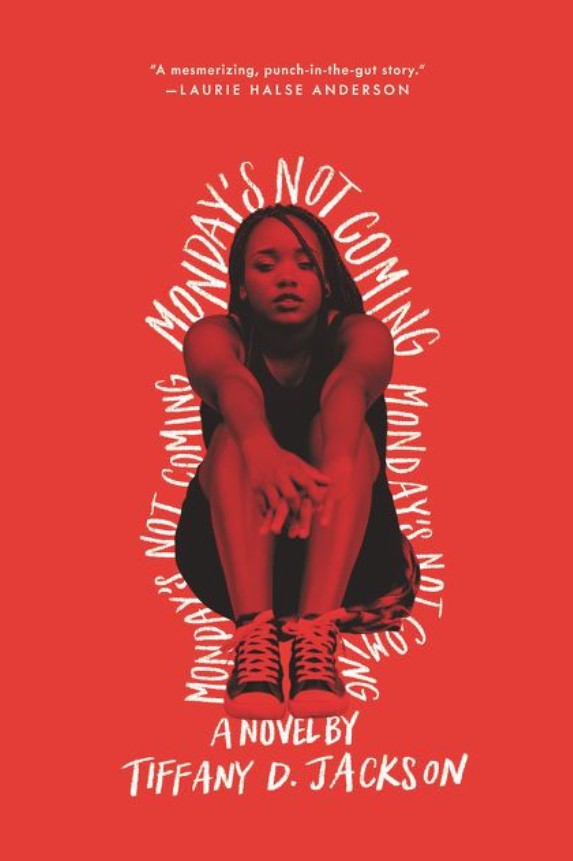
Monday’s Not Coming
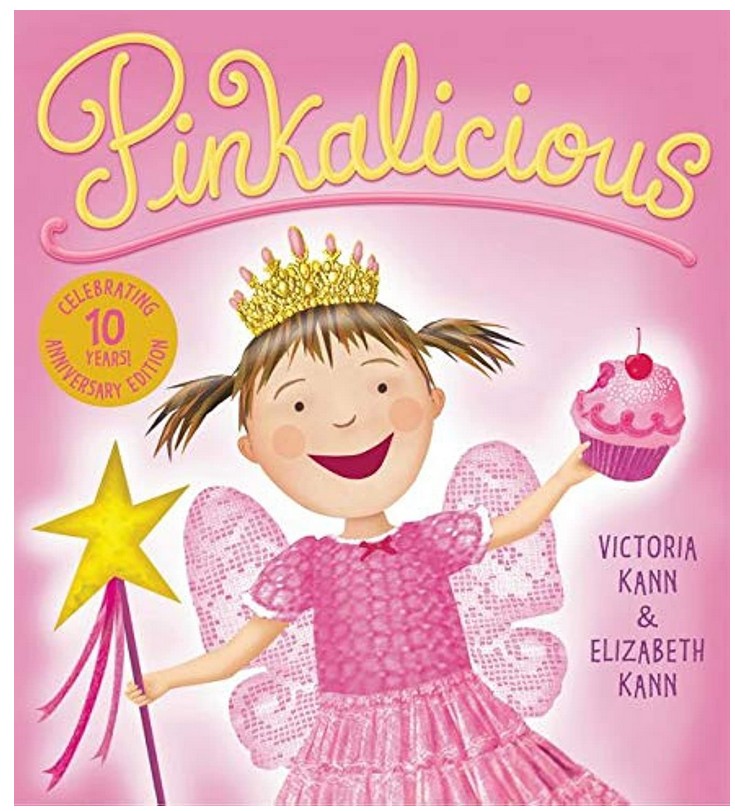
Pinkalicious

Driven

Goodbye Days

Blood of Troy

Will’s Race for Home

